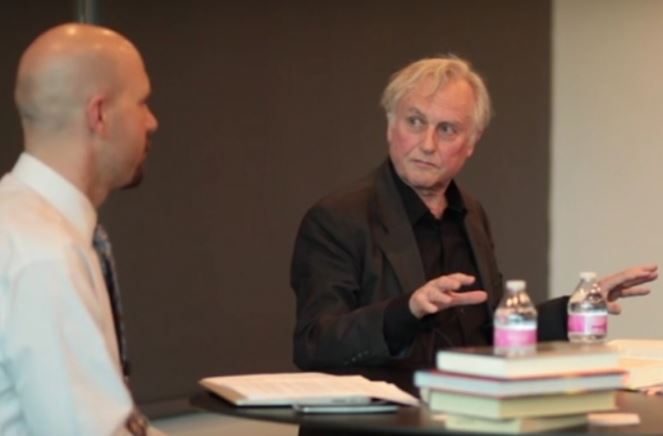Recently a group of Islamic State sympathisers entered a Catholic Church in Normandy, France, during Mass, took hostages and murdered a priest.
Naturally, the French authorities condemned this violent act. This line in particular caught my eye:
François Hollande, the French president, promised to win the war against terrorism. In a televised address to the nation he said: “To attack a church, kill a priest, is to profane the republic.”
The republic? The irony here was a little rich. The republic, established by the French Revolution? The revolution in which clergy were literally being killed by those advocating atheism and reason, because the clergy represented allegiance to a foreign power? The republic whose violent birth is still celebrated on Bastille Day, commemorating a day of shocking violence, killings and beheading? Surely there is a fundamental disconnect here. I mean sure, of course I get that Mr Hollande condemns the attack. I don’t doubt his sincerity. But there doesn’t seem to be much careful, consistent thought to this statement in a French context, that an attack on the Church is an attack on the Republic.
I took to Twitter thus: “A Muslim kills a priest and he’s bad. Atheists murder the religious and people celebrate Bastille Day because of it. You silly Frenchies.” Yes its short and snarky, but such is Twitter.




 A number of people are linking to and commenting about a
A number of people are linking to and commenting about a 